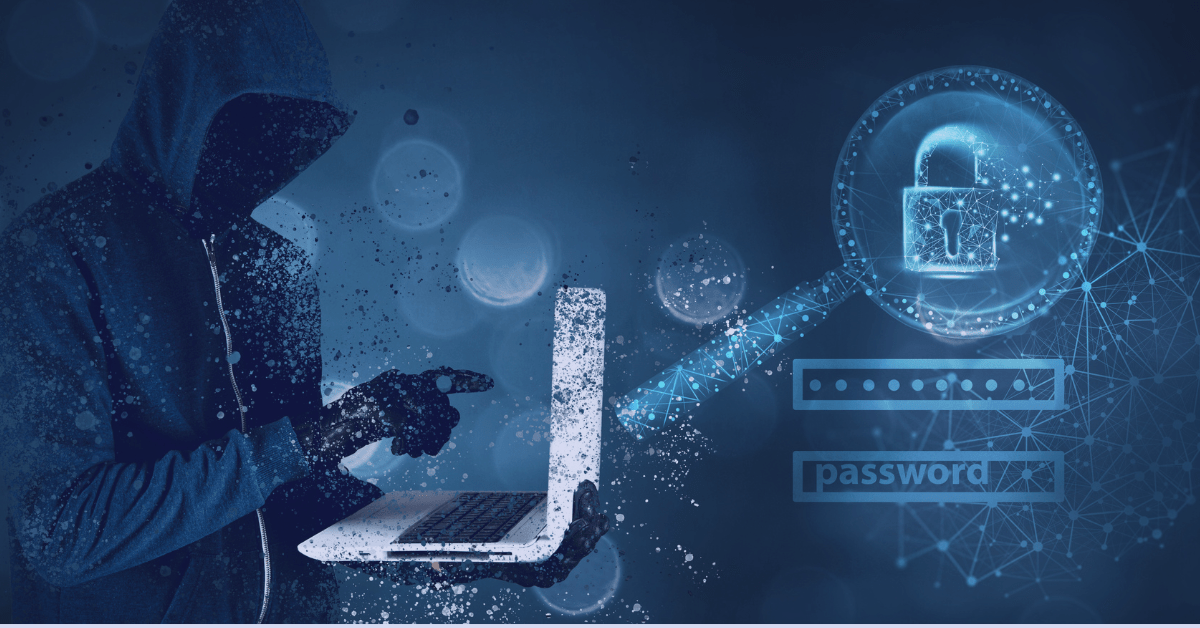
Fortifying Defenses: Essential Cybersecurity Steps for Small Businesses
Do you sometimes wonder about how secure your small business is in the online world? At a time when cyber-attacks prowl virtually all over, small business owners should have it as their chief concern. Picture this: you have put efforts and finance into erecting your dream business yet find it at risk resulting from a cyber attack. These could range from a mere loss to a bad company reputation and sometimes one may lead to closure of business. Then what can small companies do to beef up their digitally weak defense against continuous cyber threats? This exhaustive guide will reveal cyber security details that will help you secure your business against modern data threats. Let’s jump in and make sure your business can withstand cyberattacks.
Understanding the Importance of Cybersecurity for Small Businesses
Cybersecurity is no longer a luxury in the modern world, and this is particularly true for small enterprises. Small businesses play a significant role in today’s economy and are often the primary target of cyberattacks, thus making it imperative to emphasize cybersecurity.
Cybersecurity breaches expose firms to risks of data theft that may compromise the privacy of customers and stakeholders. A cyber attack can also ruin a small business’ reputation. Users must have confidence in the businesses where they keep their data, so for every leak that occurs, the company’s reputation is compromised, and it risks losing vital connections.
Essential Cybersecurity Measures for Small Businesses
While there are various strategies that small businesses can apply in safeguarding their cybersecurity, taking the initiative goes a long way. Contrary to popular belief, protecting your business from digital threats is not such a daunting task. Here are essential cybersecurity measures that every small business should consider:
- Employee Training and Awareness: Train your employees on popular types of cyber-attacks and their detection methods. Ensure constant awareness, and be on alert by conducting regular training sessions.
- Strong Password Policies and Authentication: Employ tough password rules; these may include using a mix of upper and lower cases coupled with special characters and ensuring passwords are not shared between users.
- Regular Software Updates and Patch Management: Maintain current all the programs including your operating system, as well as various applications you use. Keep updating with new security patches to counteract all vulnerabilities.
- Data Backup and Recovery Plans: Ensure that there is regular backup of essential business data and test for recovery processes. Ensure that you have an all-encompassing data recovery strategy on hand should they lose their data.
- Use of Virtual Private Networks (VPNs): Use VPNs for data transmission, in particular, for those who work outside an organization. Make sure that VPNs are used safely, without interruptions.
- Firewall Implementation: Set up and adjust firewalls to check all incoming traffic. Establish robust protection from unauthorized entry and ill intent.
- Incident Response and Reporting: Provide guidelines for addressing situations involving breaches in security using ITCs. Cleary spell out channels of reporting for notifying relevant parties immediately.
These cybersecurity methods will go a long way in strengthening the defenses of small organizations by ensuring that they are secure from cyber threats. These measures will not only safeguard confidential information but are part of corporate governance toward the future of the organization.
Best Practices for Small Business Cybersecurity
Small businesses must always apply the best practices in cyber security to keep their electronic property safe. These steps are elaborately created to prevent any potential vulnerability and provide you with stronger defenses in the changing cyber world arena. A crucial task is keeping all the system’s programs up to date – not only of operating systems but also those of applications and antiviruses. Updates act as an essential security tool because they correct loopholes that criminals can utilize.
In addition, it is very crucial to educate your employees on cybersecurity. By training your staff on how to recognize phishing emails, adhere to safe surfing practices, and use effective secret codes, they can act as the first line of protection against these attacks. Additionally, the adoption of clearly defined formal security policies helps everybody in your company understand what proper means are and how they are enforced properly if at all. In addition to others that include data encryption, regular data backups, and multi-factor authentication, these practices will together give a strong cybersecurity posture for your small business, protect your operations, and preserve the faith of your shareholders for success.

